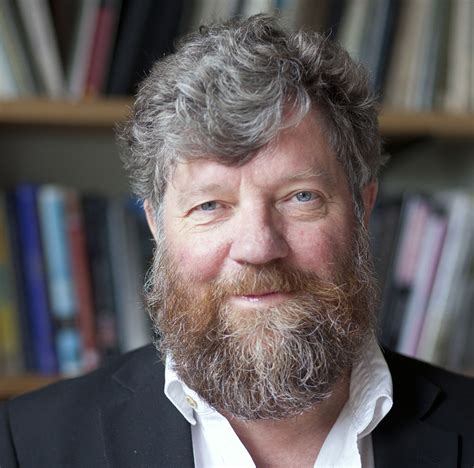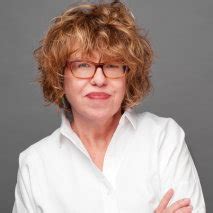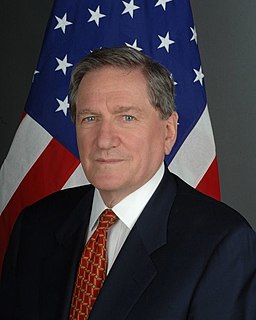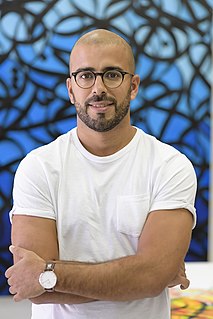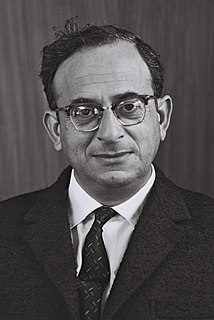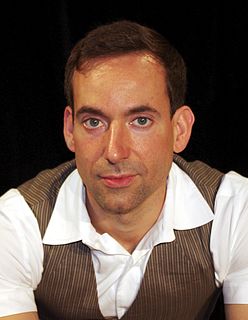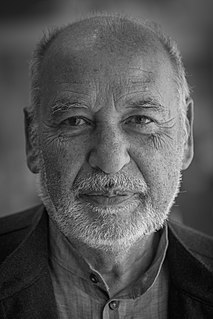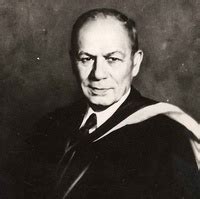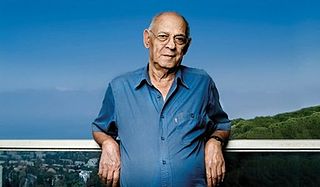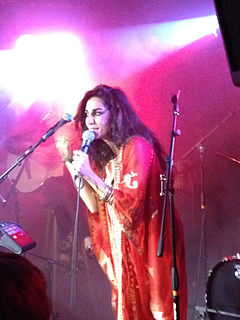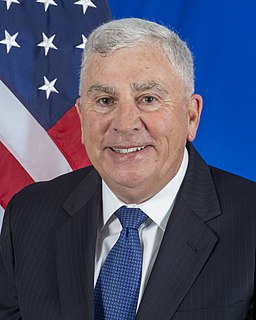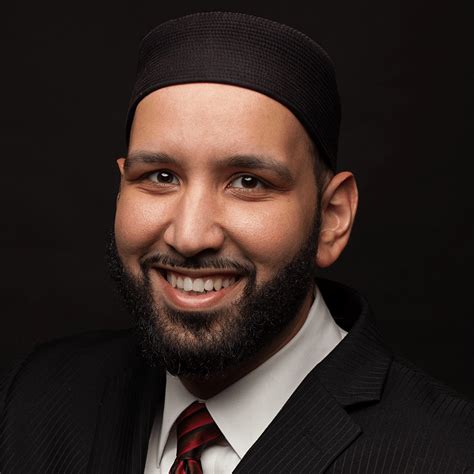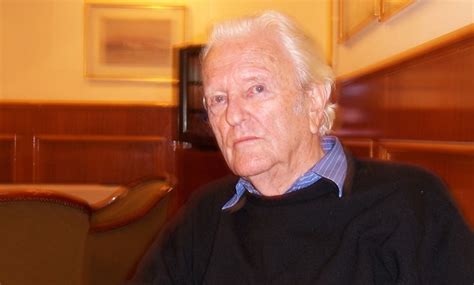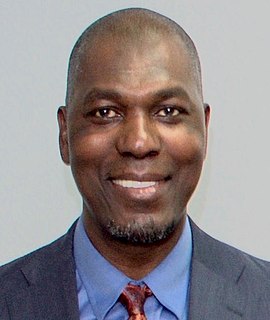Top 1200 Arabic Language Quotes & Sayings
Explore popular Arabic Language quotes.
Last updated on November 27, 2024.
In fact, for a period stretching over seven hundred years, the international language of science was Arabic. For this was the language of the Qur'an, the holy book of Islam, and thus the official language of the vast Islamic Empire that, by the early eighth century CE, stretched from India to Spain.
We [ with Russel Crowe] had an Arabic coach there [ in the Body of Lies] that was really helpful, because it was more so than any accent. You have to be so exact, and there's different dialects of Arabic from country to country so it was really, really difficult to tell you the truth. And one of the hardest things I've ever had to do language-wise, because it comes from the throat. It's different. And also learning about the customs and the culture and all that, so we had advisors for that sort of thing.
I work in Hebrew. Hebrew is deeply inspired by other languages. Not now, for the last three thousand years, Hebrew has been penetrated and fertilized by ancient Semitic languages - by Aramaic, by Greek, by Latin, by Arabic, by Yiddish, by Latino, by German, by Russian, by English, I could go on and on. It's very much like English. The English language took in many many fertilizations, many many genes, from other languages, from foreign languages - Latin, French, Nordic languages, German, Scandinavian languages. Every language has influences and is an influence.
The sign was spray-painted in Arabic and English, probably from some attempt by the farmer to sell his wares in the market. The English read: Dates-best price. Cold Bebsi. "Bebsi?" I asked. "Pepsi," Walt said. "I read about it on the Internet. There's no 'p' in Arabic. Everyone here calls the soda Bebsi." "So you have to have Bebsi with your bizza?" "Brobably.
We believe we can also show that words do not have exactly the same psychic "weight" depending on whether they belong to the language of reverie or to the language of daylight life-to rested language or language under surveillance-to the language of natural poetry or to the language hammered out by authoritarian prosodies.
All the children in the world, when they go to school, have the right to study in their mother tongue. But we go to school and run into literary Arabic as children. It sounds like a foreign language. The words for "house" or "table" or "lamp" are not the same as the words we use at home, and most of the other words are alien to children at school. Classical Arabic is one of the prisons of the Arab world.
Iran is not in any sort of routine groupings. It's not an Arab country. It's not part of the Indian subcontinent. So it's in a neighborhood where it has some unique characteristics. We are a country which embraced Islam, learned Arabic, but didn't change its language or its culture... That's what keeps us unique.
The Iranian people were converted to Islam not very much longer after the conquest of the Arab world by Islam, but they refused to adopt the Arabic language, and it's a great point of pride to them that Persian culture and the Persian language and Persian literature survived the conversion to Islam. And the conversion to Islam also was for most of them not the Sunni majority form, but the Shia one. So there's a great discrepancy between Iranian society and many other of what we think of as Arab Muslim States and systems.
In addition to its use in arithmetic and science, the Hindu-Arabic number system is the only genuinely universal language on Earth, apart perhaps for the Windows operating system, which has achieved the near universal adoption of a conceptually and technologically poor product by the sheer force of market dominance.
MEMRI allows an audience far beyond the Arabic-speaking world to observe the wide variety of Arab voices speaking through the media, schoolbooks, and pulpits to their own people. What one hears is often astonishing, sometimes frightening, and always important. Most importantly, it includes the newly-emerging liberal voices of reform and hope, as well as disturbing echoes of ancient hatreds. Without the valuable research of MEMRI, the non-Arabic speaking world would not have this indispensable window.
I couldn't know about my culture, my history, without learning the language, so I started learning Arabic - reading, writing. I used to speak Arabic before that, but Tunisian Arabic dialect. Step by step, I discovered calligraphy. I painted before and I just brought the calligraphy into my artwork. That's how everything started. The funny thing is the fact that going back to my roots made me feel French.
I think in Arabic at times, but when I'm writing it's all in English. And I don't try to make my English sound more Arabic, because it would be phony - I'm imagining Melanie Griffith trying to do a German accent in Shining Through. It just wouldn't work. But the language in my head is a specific kind of English. It's not exactly American, not exactly British. Because everything is filtered through me, through my experience. I'm Lebanese, but not that much. American, but not that much. Gay, but not that much. The only thing I'm sure of, really, is that I'm under 5'7".
All the kids are learning different languages. I asked them what languages they wanted to learn, and Shi is learning Khmai, which is a Cambodian language; Pax is focusing on Vietnamese, Mad has taken to German and Russian, Z is speaking French, Vivienne really wanted to learn Arabic, and Knox is learning sign language.
Especially after the Twin Towers, we're so terrified of 'Arabic' people. And talk about stereotypical negative portrayals of people of certain groups, if you look at the portrayal of Arabic people in Hollywood films, it's just appalling. They've always been just the easiest of targets - along with native Africans and what have you.
I have never known what is Arabic or English, or which one was really mine beyond any doubt. What I do know, however, is that the two have always been together in my life, one resonating in the other, sometimes ironically, sometimes nostalgically, most often each correcting, and commenting on, the other. Each can seem like my absolutely first language, but neither is.
Language designers want to design the perfect language. They want to be able to say, 'My language is perfect. It can do everything.' But it's just plain impossible to design a perfect language, because there are two ways to look at a language. One way is by looking at what can be done with that language. The other is by looking at how we feel using that language-how we feel while programming.
I went to a mosque in Philadelphia with [my wife] in December 24, 1999. And we we went to this mosque in Philly, and I just had such a strong reaction to the prayer. And I was really emotionally - I felt really grounded at that time. And so to be in this prayer and the imam is doing the prayer in Arabic and I don't understand a word of Arabic but I just remember these tears just coming down my face and it just really connecting to my spirit in a way that felt like I needed to pay attention to that.
During all the first part of the Middle Ages, no other people made as important a contribution to human progress as did the Arabs, if we take this term to mean all those whose mother-tongue was Arabic, and not merely those living in the Arabian peninsula. For centuries, Arabic was the language of learning, culture and intellectual progress for the whole of the civilized world with the exception of the Far East. From the IXth to the XIIth century there were more philosophical, medical, historical, religiuos, astronomical and geographical works written in Arabic than in any other human tongue.
Modern Arabic literature achieved international recognition when Mahfouz was awarded the Nobel prize in 1988 (.....) Mahfouz also rendered Arabic literature a great service by developing, over the years, a form of language in which many of the archaisms and cliches that had become fashionable were discarded, a language that could serve as an adequate instrument for the writing of fiction in these times.
I'm always looking for ways to explore the politics of the everyday. For me, the proverbs were a way of bringing in this ancient wisdom that in Arabic culture is often quoted. Those proverbs are such a huge part of the language and parts of people's every day. This is the wisdom that we use in our everyday life but we're not always listening to.



